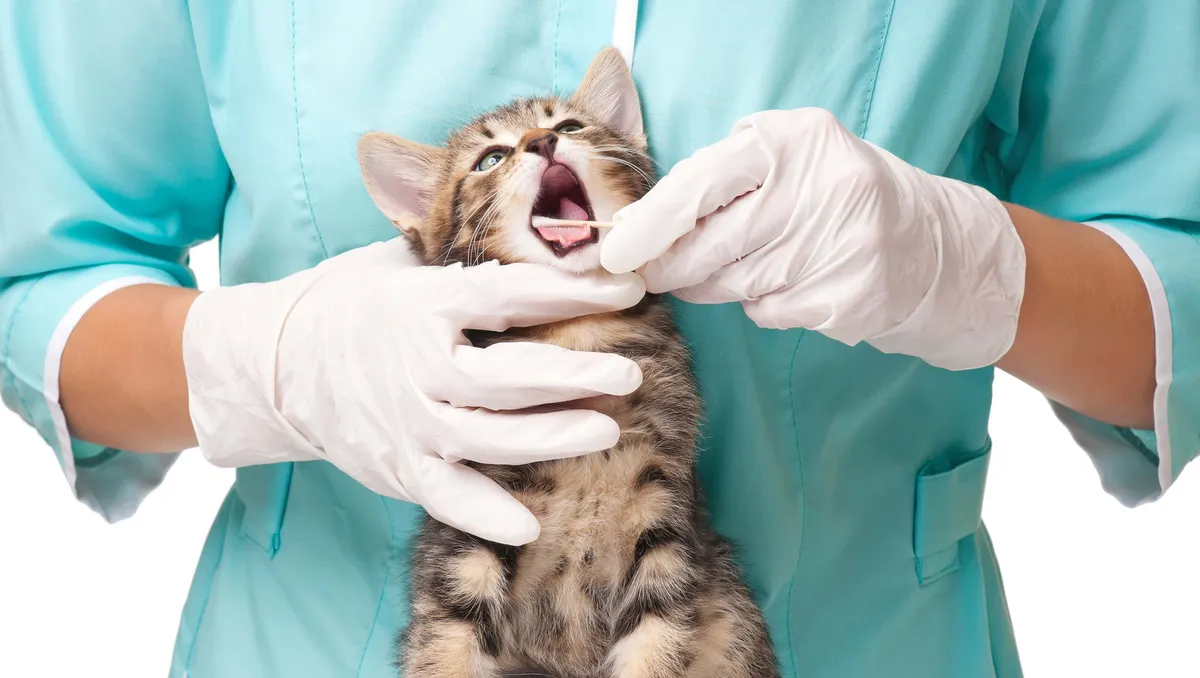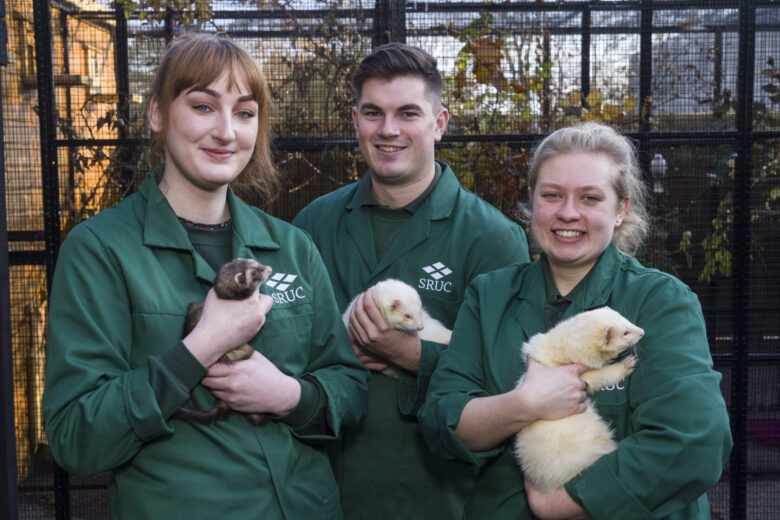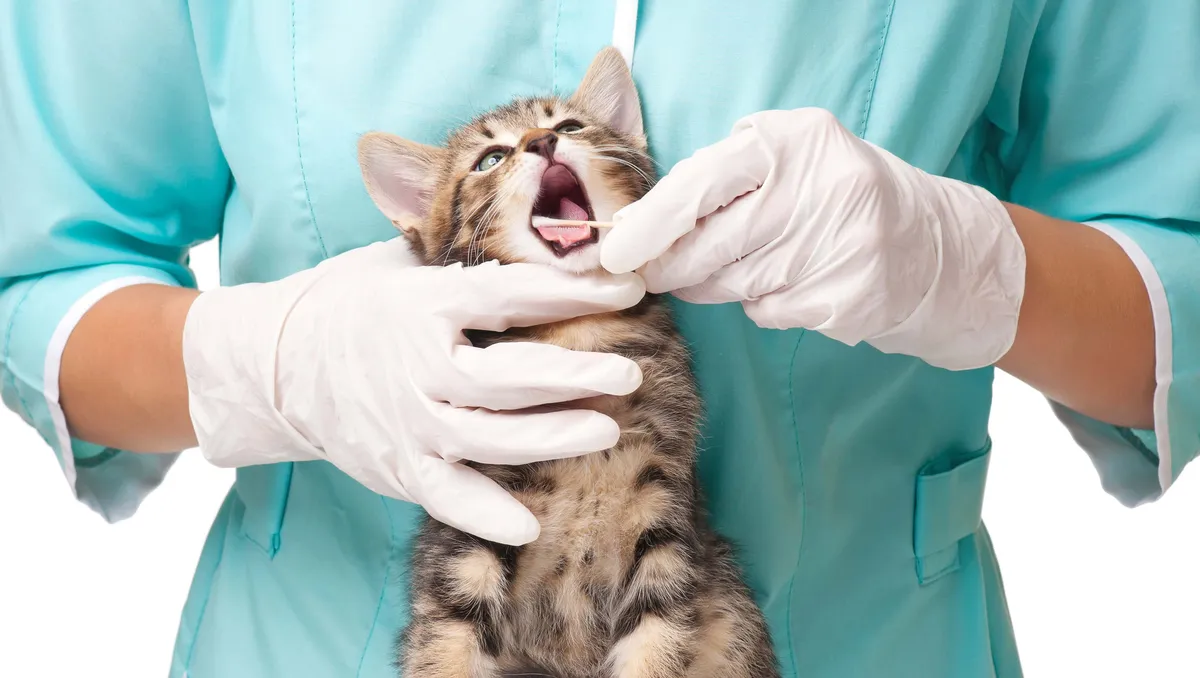If you love being with animals and want to take your love for these furry friends to the next level, taking an animal care course can be the right path.
The animal care industry in Australia embraces pet ownership and prioritizes compassion for animals, including wildlife. Generally, there are about 33 million pets in Australia, with dogs being the most common, accounting for 39% of households. This is one reason why these courses can be attractive.
Keep reading because this article will teach you some things to know when threading a path toward an animal care career.
Contents
Finding the Right Area of Study
Regarding animal care courses, there are plenty of options to choose from. Choosing the right one can be overwhelming. For this reason, finding a course that suits your skills and interests is important. Whether a career involving pet grooming or dog training, an animal care course will allow you to do what you love.
When choosing the area of study, you should consider your ultimate aim for taking an animal care course. Do you just want to become a responsible pet owner? Are you planning to become a veterinarian? Although you can work in the animal care field without a formal qualification, you are more likely to get accepted by prospective employers if you are qualified.
For these two, you can take a short course and some training to boost your qualification. Maybe you want to put up a pet grooming business? If yes, get some training about the best practices in health and safety, marketing, and administration.
You can enroll in an entry-level course like ACM20121 Certificate II in Animal Care or a vocational course like ACM20122 Certificate III in Animal Care Services. Whichever path you take will give you the knowledge you need to get employed and have a long-lasting career in animal care.

Source: openstudycollege.com
1. Fast-Growing Career
A career in animal care will allow you to gain entry into one of the fastest-growing careers in the world. Workers in the animal care industry have been steadily rising since 2008. In Australia, there are currently around 16,400 people working as animal care workers. In fact, in 2018, the Department of Employment revealed that the number is expected to increase to 17,100 workers.
There are plenty of career growth opportunities in the animal care industry. Generally, you can work as a dog trainer, pet groomer, or veterinary nurse. However, you will need some training or qualification as an animal handler. You need to meet the minimum qualifications that employers are looking for.
2. Be Realistic
No one would want a career that will pay them to play with puppies or kittens. It’s not everyone’s dream job because it is less fun than you think. Choose a career you are interested in. It will be a waste of time and effort studying a course that is not suited to you in the first place. Do your research about animal care courses to know if you are taking the right path.
To set expectations, take the time to speak to a course provider. Reach out to someone who is currently working in your desired position. You have nothing to worry about because most people in the animal care industry are approachable and would be willing to talk to you about their work.

Source: sruc.ac.uk
3. It Requires Certain Skills
First of all, you need to be physically fit and should be able to cope with distressed or sick animals. In addition, you should not be allergic to animal hair, fur, or dust. As you will be learning how to handle different species and sizes of animals, you need to be patient, compassionate, and confident.
Depending on the area of study you completed, you may find various roles that fit the course you took. For instance, you may be tasked to do some veterinarian assistance roles or help in animal anatomy, nutrition, beekeeping, animal husbandry, and health and safety, to name a few.
4. Consider Volunteer Work While Studying
Volunteering while studying animal care courses can help you gain the necessary experience. Aside from learning the theories and best practices in the classroom, you can apply what you have learned through volunteer work. It will help you acquire the necessary animal-handling skills. At the same time, you will also be able to gauge whether animal care is your job.
You would not make money from doing volunteer work, but the emotional satisfaction is something that you can share with your friends and loved ones. Nothing can match the upliftment you will get from seeing an animal recover from their sickness.
Aside from being able to experience caring for animals, doing volunteer work as an animal care worker can also benefit you. According to a 2015 study published in the Journal of Occupational and Environmental Medicine, working and volunteering simultaneously promotes improved mental health and reduced feelings of work-life conflict.

Source: wiltshire.ac.uk
5. You Will Be Doing Other Tasks
As an animal care worker, you will not only be handling animals. From time to time, you will also be doing administrative functions and extensive paperwork. Yes, you will be working with animals, but customer service is also an important skill.
While food preparation, medical care, exercise, mating, and fertility programs will be part of your key tasks, your daily duties will vary depending on the animals they are caring for. You may be employed on television and movie sets, game reserves, or law enforcement and perform a different task from those employed in a zoo.
Animal Care Can Be Rewarding
As you can see, the future is bright for venturing into an animal care career. Studying and completing an animal care course can be fruitful and rewarding if you have the passion and commitment for animal care. Many websites can help you choose the right animal care course to help you get started.
If you are serious about a career involving animals, animal care courses are your first step in landing a job. Take an active role in animal care, as this will help you learn about their needs, behavior, and unique characteristics. In addition, it will also help you build confidence as you deal with different kinds of animals.
